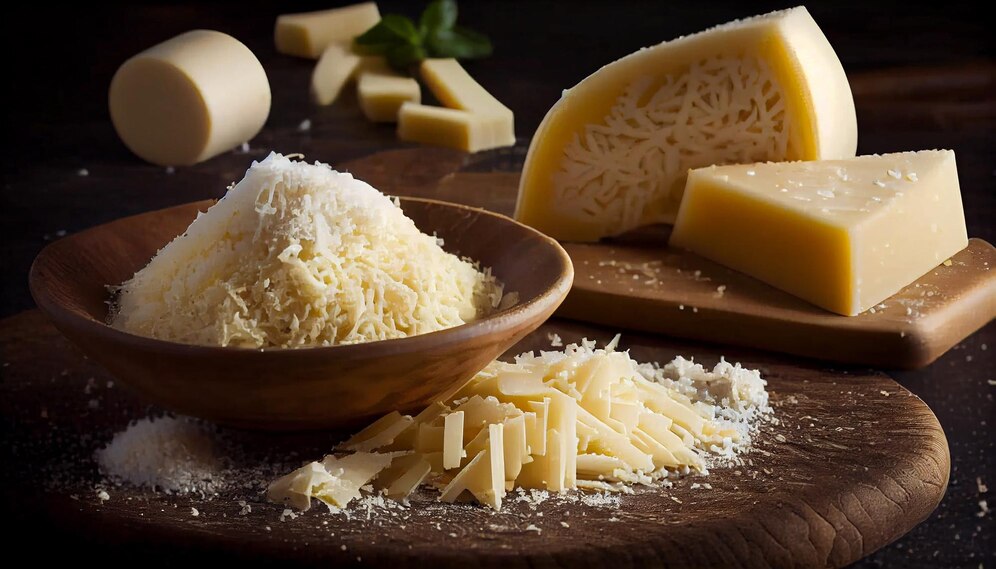Cheese is a dairy product made from milk curds, usually from cow’s milk, but it can also be made from the milk of other mammals such as sheep and goats. Processed cheese, on the other hand, is a type of cheese made by blending natural cheese with emulsifiers, salts, and other ingredients, often with a longer shelf life.
Modified tapioca starch can be used in the production of cheese and processed cheese as a functional ingredient. It can help improve the texture of the cheese by providing a smooth and creamy mouthfeel, enhancing meltability, and improving shredding and slicing properties. Modified tapioca starch can also provide process tolerance and stability, allowing for consistent quality in production. Additionally, it can be used to reduce costs by replacing more expensive ingredients such as milk solids or other thickeners.
Modified tapioca starch can provide several benefits for cheese and processed cheese production, including:
- Sliceability: Modified tapioca starch can improve the texture of cheese, making it easier to slice.
- Shredability: The starch can also improve the texture of cheese, making it easier to shred.
- Meltability: Modified tapioca starch can improve the meltability of cheese, making it easier to use in cooking.
- Process tolerance: The starch can provide stability during the cheese-making process, making it more tolerant to variations in processing conditions.
- Freeze-thaw stability: Modified tapioca starch can help maintain the quality of cheese during freezing and thawing.
- Cost reduction: The starch can be used as a partial replacement for more expensive ingredients in cheese production.
- Smooth and creamy texture: Modified tapioca starch can improve the texture of cheese, making it smoother and creamier.
- Mouthfeel enhancer: The starch can improve the overall mouthfeel of cheese.
- Shelf life stability: Modified tapioca starch can help prolong the shelf life of cheese by providing stability and preventing moisture migration.

